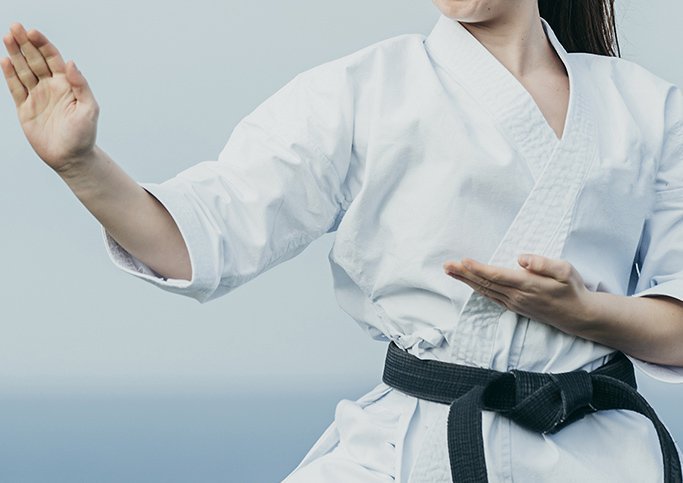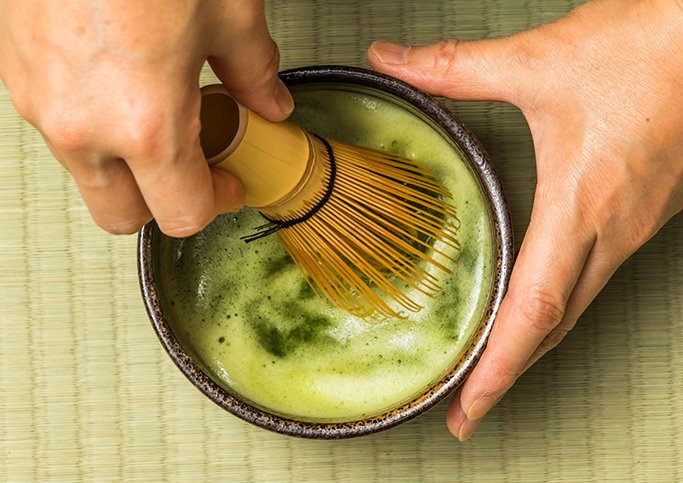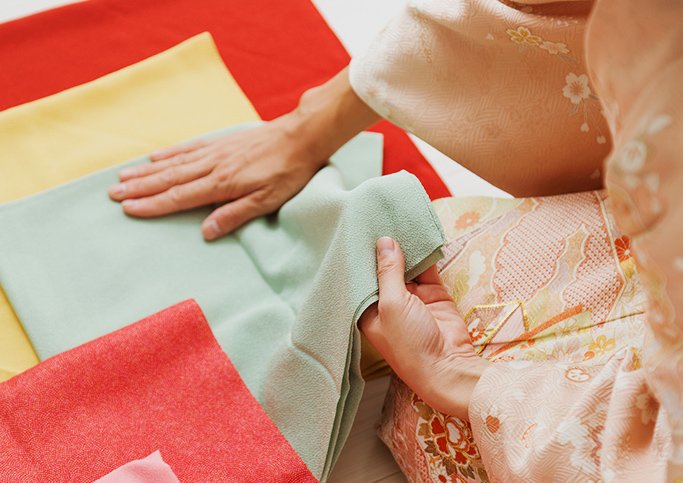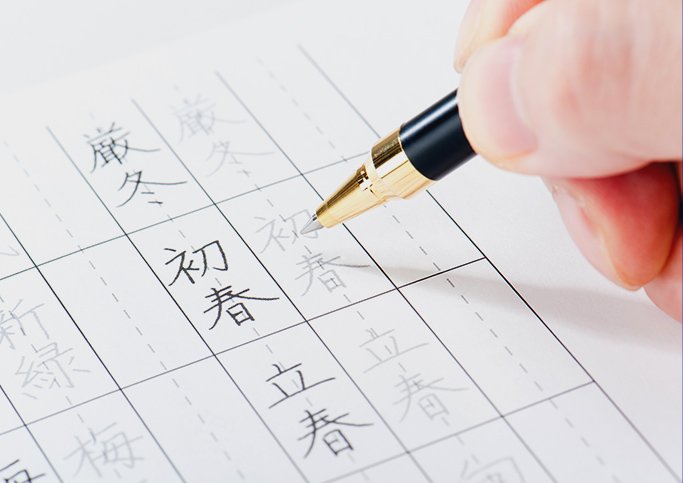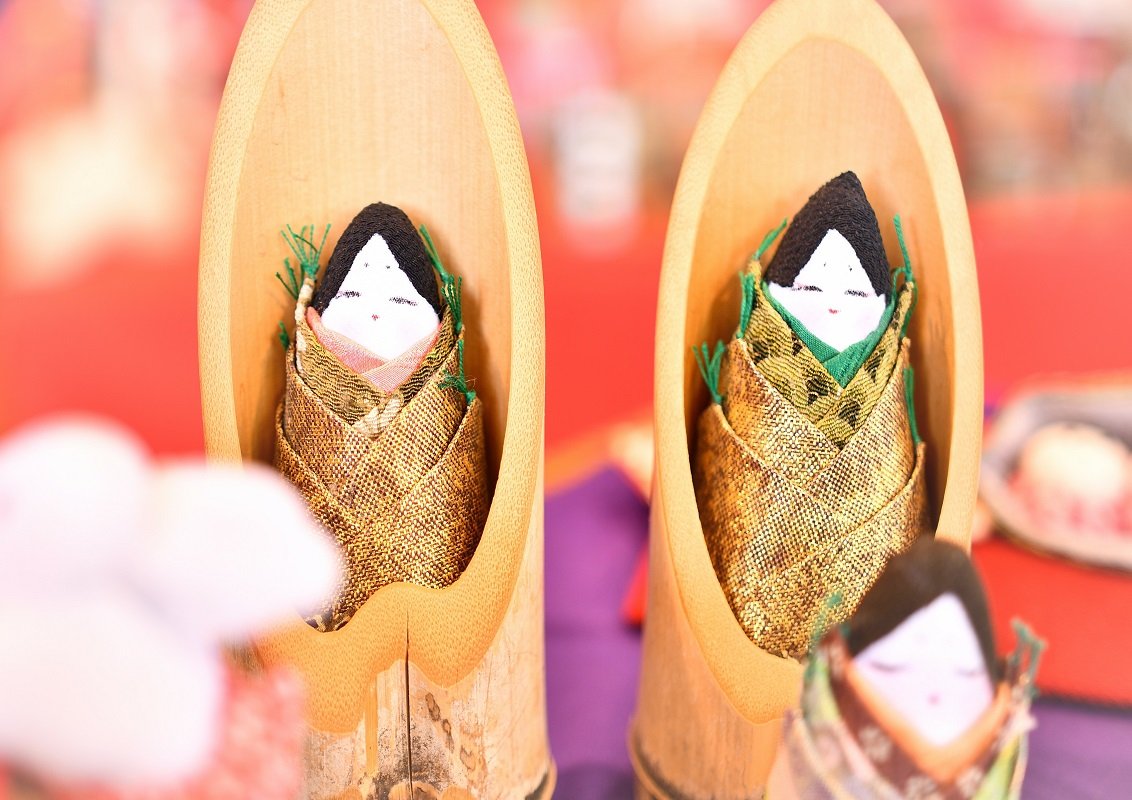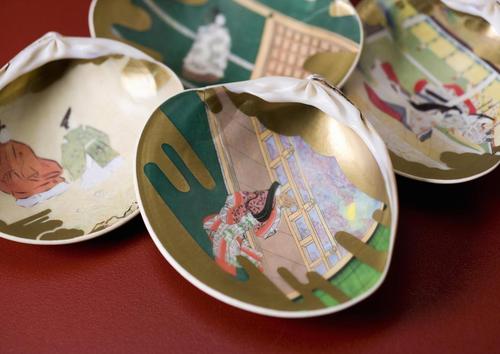
origin
Have you read it? About the masterpiece of Japanese classical literature "The Tale of Genji" and Murasaki Shikibu
10/30/2020
The Tale of Genji11This work was written in the early century (Heian period). In Japan at this time, kanji was mainly used, but it seems that the number of works using "kana", which is the modern hiragana, has increased since this time. The Tale of Genji is a work that is often found in Japanese high school textbooks as a famous classical literature, and is still being researched. This time, I will introduce the outline, stage, and author of The Tale of Genji.
What is The Tale of Genji?
The Tale of Genji written by Murasaki Shikibu is mainly set in the Imperial Palace during the Heian period. all54It is a feature-length film consisting of chapters, and there are many parts that are difficult for even modern Japanese to understand due to the large number of characters and the complexity of human relationships. First, let's sort out the background of Genji drawn in the early stages.
Born of Genji
Genji, the main character in the story, was the second prince whose father was Kiritsubo Emperor. My mother is Kiritsubo Consort. Kiritsubo Consort had a low status, but he received the love of Kiritsubo Emperor. Another woman (a high-ranking lady-in-waiting) is deeply jealous of such Kiritsubo Consort, and Kiritsubo Consort tends to get sick because of too much pain. And finally Genji3At the age of age, Kiritsubo Consort died. Genji lost his mother early in this way, but the existence of his mother will have a huge impact on Genji's life.
The woman that Genji loved
One of the characteristics of The Tale of Genji is Genji's wide range of female relationships. One of the most distinctive features is the relationship with Fujitsubo and Wakamurasaki, who were fascinated by the image of their mother.
First is the relationship with the Fujitsubo. Fujitsubo was greeted in the palace after the death of Kiritsubo Consort. For this reason, Fujitsubo is the stepmother of Genji, but because the face of the Fujitsubo resembles Kiritsubo Consort, Genji comes to love Fujitsubo. Fujitsubo accepted it, and a child was born between them.
In other words, Genji had a close relationship with Fujitsubo, who had been fond of him by his father, and as a result, he had a child with his stepmother.
Next is the relationship with Wakamurasaki. The encounter between Genji and Wakamurasaki was when Wakamurasaki was still young, but Genji also found the shadow of his mother in Wakamurasaki. Surprisingly, Wakamurasaki was the daughter of Fujitsubo's older brother. Genji took over the young Wakamurasaki and decided to raise it in his own hands.
[If you read the article, may you know the meaning of this KARUTA? ]
Impermanence through the work
The Tale of Genji is often thought of in three parts. The first part depicts the gorgeous half-life of the Genji, while the second part focuses on the downfall of the Genji. And in the third part, the story of children and grandchildren after the death of Genji will be unfolded.
The Tale of Genji depicts the rise and fall of the Genji throughout the story. In addition, there will be people who are at the mercy of various relationships and absurdities, including Genji. Their anguish about life and love seems to be timeless and universal. This may be one of the reasons why The Tale of Genji is still read in the world.
Shinden-zukuri where the aristocrats lived
During the Heian period, the setting of The Tale of Genji, the aristocrats lived in a building with an architectural style called Shinden-zukuri. The characteristic of Shinden-zukuri is the double structure made up of an outer wall and a building built around the garden. The mansion Nijoin, which was depicted in The Tale of Genji, seems to have been a typical Shinden-zukuri.
Another feature of Shinden-zukuri was the building and garden called "tsui". The pair in the north was called "North pair" (kita-tsui). Was there a habit of using directions for naming? It is said that the aristocrats lived and performed rituals there. There are multiple places for the aristocrats to live in the Shinden-zukuri, which was determined by their status.
In the mansion where Genji was born, it seems that a low-ranking woman was supposed to live in a room far from the emperor. Kiritsubo Consort lived in a distant room because of her status, so she had to pass in front of another nyōgo's room when called by the emperor. This point is also believed to have become an excuse for the nyōgo to harass Kiritsubo Consort.
[Do you care about Japan? Would you like to learn Japanese together? ]
Murasaki Shikibu, the author of The Tale of Genji who served the palace
Murasaki Shikibu has a father who is a Chinese poet and is thought to have been familiar with literature from an early age. She has been known as a talented woman who enjoys Japanese poetry since childhood. Her culture caught the eye of Fujiwara no Michinaga, a nobleman who was looking for a tutor to attach to her daughter, Akiko (Emperor Ichijo's wife).
Murasaki Shikibu will enter the palace at the request of Fujiwara no Michinaga. Murasaki Shikibu wrote "The Tale of Genji" while serving Akiko. Furthermore, after Akiko gave birth to the prince, she wrote "Murasaki Shikibu Diary" and can be said to be a woman who lived in literature.
Relationship between Murasaki Shikibu and Sei Shonagon
It is also a famous episode that Murasaki Shikibu criticized Sei Shonagon in "The Diary of Lady Murasaki" as "She is good at writing kanji, but there are many inadequate points."The disagreement between Murasaki Shikibu and Sei Shonagon (the author of "The Pillow Book") was born from such an episode.
Sei Shonagon also served Fujiwara no Teishi (the emperor Ichijo's wife) in the palace. However, there is a view that Murasaki Shikibu and Sei Shonagon may not have been in direct conflict with each other because they were in the palace at different times. It seems that Murasaki Shikibu may have criticized her because her pride was hurt by the good reputation of Sei Shonagon.
We introduced the outline, stage, and author of The Tale of Genji. The Tale of Genji seems to have many translations, so please take a look.
Unauthorized reproduction or use of the contents, text, images, illustrations, etc. of this site is strictly prohibited.
CATEGORIES
FEATURED TAGS
RECOMMENDATION
-
 報BUSINESS TERMS
報BUSINESS TERMSWhat is ”Ho-Ren-So”, one of the basic manners when working in Japan?
10/30/2020
-
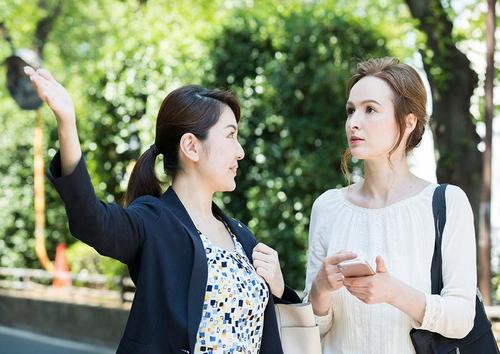 伝WORDS & GRAMMAR
伝WORDS & GRAMMARWhat is easy Japanese?
10/30/2020
-
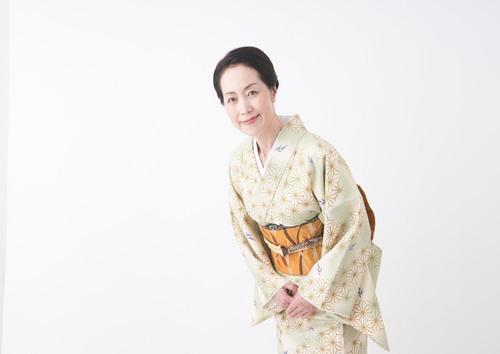 礼MANNERS
礼MANNERSJapanese greeting customs and origins. What are the greetings from other countries?
10/30/2020
-
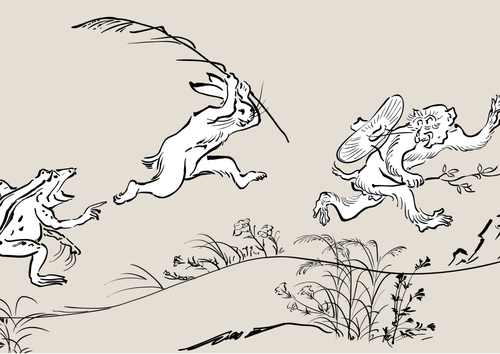 戯COMIC & GAME
戯COMIC & GAMEThe roots of animation and manga? Introducing bird and beast caricatures
10/30/2020
-
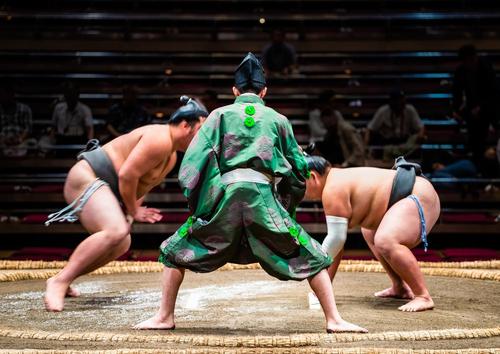 戦SPORTS
戦SPORTSThe history of sumo goes back to the mythical world! ?? Transition from myth to modern times
10/30/2020
LET’S PLAY
KARUTA!
Do you know the meaning of this...
NEXT...
FURTHER EXPLORATION
INTERESTED
IN JAPAN?
WHY DON’T YOU
LEARN JAPANESE WITH US?
START LEARNING
JAPANESE
WITH HUMAN ACADEMY!
ONE OF
THE MOST POPULAR
JAPANESE
LANGUAGE SCHOOLS
JAPANESE
LANGUAGE SCHOOL
OFFERING EXCELLENT
DETAILED LESSONS

ONLINE SCHOOL
- Learn with your classmates from all over the world
- Variety of Courses for All Needs
- FREE Trial Lesson available

TOKYO, OSAKA
- Offer the Best Curriculum for You
- Make New Japanese Learning Friends
- Many Opportunities to Practice Japanese
MAKE FURTHER
STEPS
WITH HUMAN ACADEMY!
ONE OF
THE MOST POPULAR
JAPANESE
LANGUAGE SCHOOLS
JAPANESE
LANGUAGE SCHOOL
PRODUCING MANY
JLPT N1 CERTIFIED
STUDENTS!

ONLINE SCHOOL
- Learn with your classmates from all over the world
- Variety of Courses for All Needs
- FREE Trial Lesson available

TOKYO, OSAKA
- Support Your Higher Goal of Japanese Learning
- Perfect Environment for Japanese Learners
- Learn with Your New Japanese Study Mates




